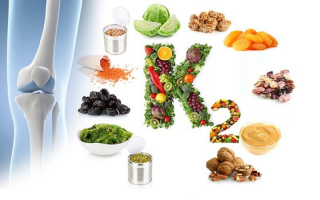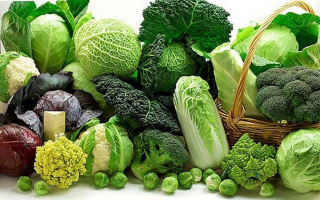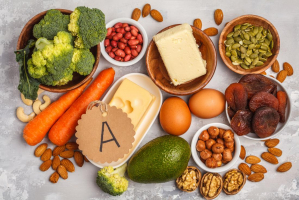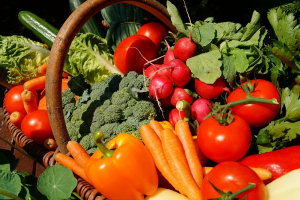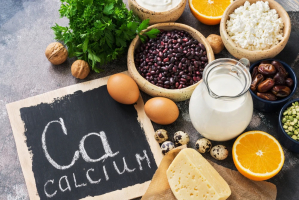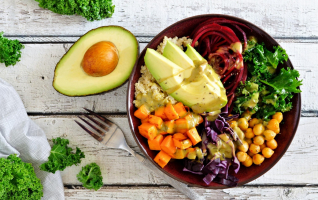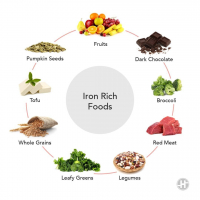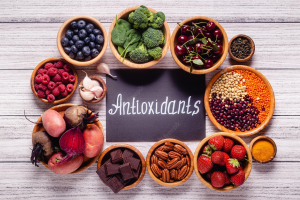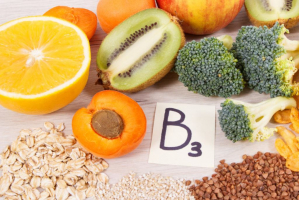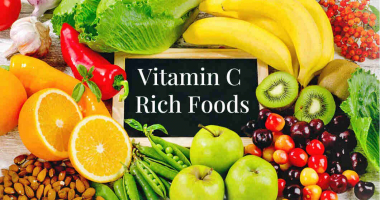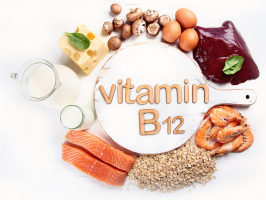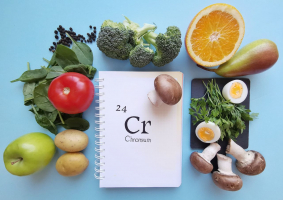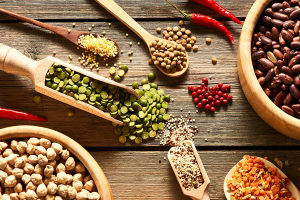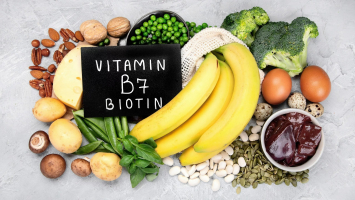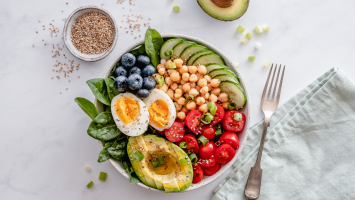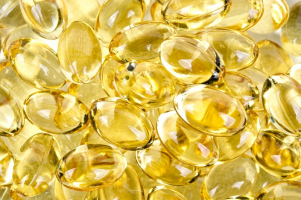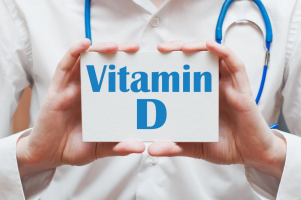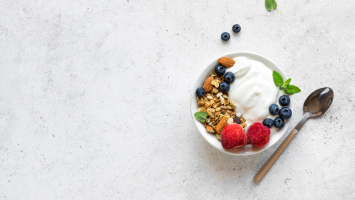Top 10 Best Foods High in Vitamin D
Vitamin D is a nutrient that is produced by the body when the skin is exposed to direct sunshine. Vitamin D can also be taken, however, it is not found ... read more...naturally in many foods. Here is some food that has high levels of vitamin D you can add to your diet!
-
Salmon is a nutrient-dense fish. Each serving is low in calories but high in protein, omega-3 fatty acids, and essential vitamins and minerals such as B12, B6, niacin, selenium, and magnesium.
Salmon is a popular fatty fish that is a good source of vitamin D. According to the Food Composition Database of the United States Department of Agriculture (USDA), one 3.5-ounce (100-gram) serving of farmed Atlantic salmon contains 526 IU of vitamin D or 66% of the daily value. The difference between farmed and wild salmon can be significant. Wild-caught salmon has an average of 988 IU of vitamin D per 3.5-ounce (100-gram) serving, or 124% of the daily value. In certain studies, wild salmon has been found to contain even greater amounts of IU, up to 1,300 IU per meal. Farmed salmon, on the other hand, only has 25% of that amount. Even yet, one serving of farmed salmon contains roughly 250 IU of vitamin D or 32% of the daily value.
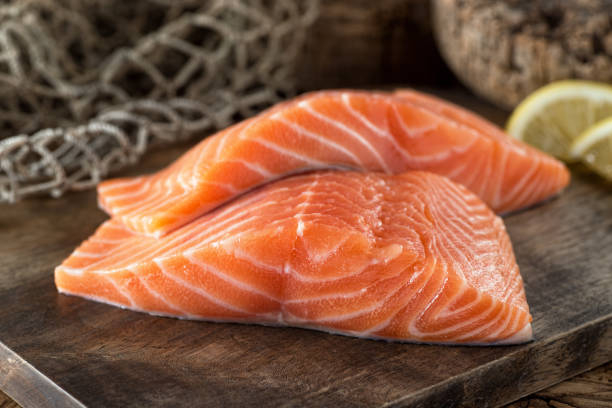
Salmon 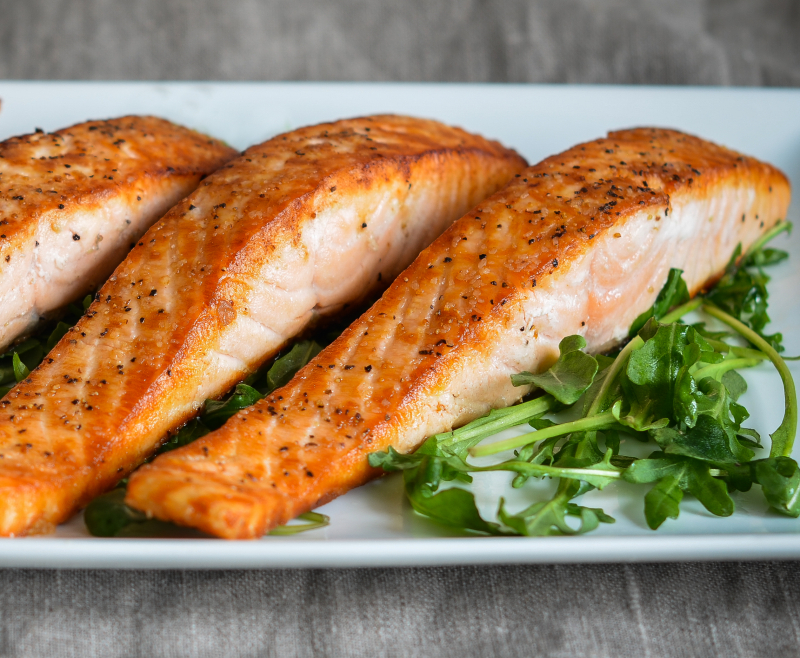
Salmon -
Yogurt is a popular snack that is high in calcium, protein, and gut-friendly bacteria, making it an excellent choice for fortification. "Fortified foods, including milk, yogurt, butter, margarine, cheeses, orange juice, bread, and breakfast cereals, represent the major dietary sources of vitamin D."– Gasparri et al, 2019.
The authors conducted a review of the medical literature and discovered nine trials comparing the health benefits of consuming 1 or 2 pots of vitamin D-fortified yogurt per day against unfortified yogurt. Overall, the studies found that those who ate vitamin D-fortified yogurt had higher vitamin D levels in their blood. People who ate vitamin D-fortified yogurt lost more weight and had better blood fat levels than those who ate unfortified yogurt. Vitamin D-fortified yogurt has been demonstrated in multiple trials to boost vitamin D levels and may also have additional health benefits. Yogurt, like milk, is poor in vitamin D, with just 80–120 IU per pot. Yogurt, on the other hand, is a healthy meal that is easy to eat and tolerated by lactose intolerant people.
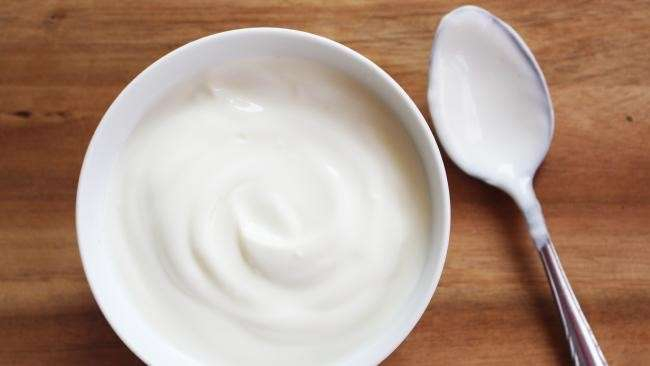
Fortifed yogurt 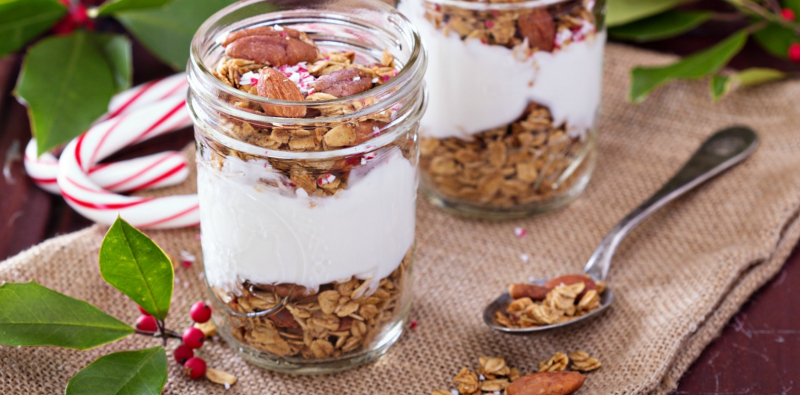
Fortifed yogurt -
Herrings and sardines are high in vitamin D and zinc, but sardines have more calcium than herrings, with only about a quarter of the amount. Herring is a fish that is eaten all over the world. It comes in a variety of forms, including raw, canned, smoked, and pickled. This small fish is a good source of vitamin D as well.
Fresh Atlantic herring has 216 IU per 3.5-ounce (100-gram) serving or 27% of the daily value. If fresh fish isn't your taste, pickled herring is an excellent alternative, with 112 IU per 3.5-ounce (100-gram) meal, or 14% of the daily value. Pickled herring, on the other hand, is high in sodium, which some people consume in excess. Sardines in cans are also a rich source of vitamin D, with one can (3.8 ounces) containing 177 IU, or 22% of the daily value. Other kinds of fatty fish are also rich providers of vitamin D. Per half a fillet, halibut and mackerel supply 384 IU and 360 IU, respectively.
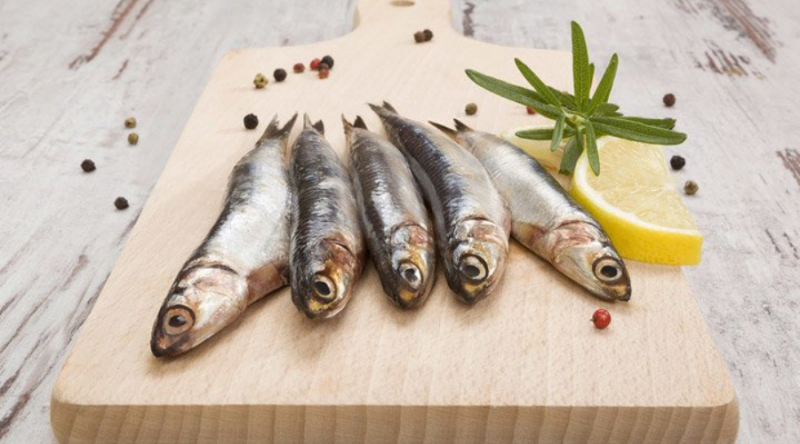
Herring and sardines 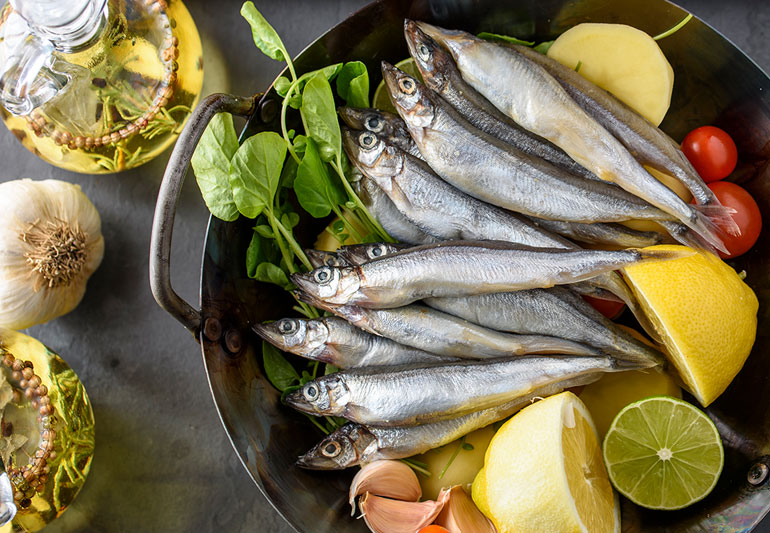
Herring and sardines -
A common supplement is cod liver oil. If you don't like fish, cod liver oil can help you get some nutrients that you wouldn't get from other sources.
Cod liver oil is a good source of vitamin D and may help prevent bone loss as you get older. This is because it aids in calcium absorption from the gut, which is essential for healthy bones. It's a great source of vitamin D, with roughly 448 IU per teaspoon (4.9 ml), or 56% of the daily value. It has been used to prevent and treat deficiency in children for many years. Cod liver oil is also an excellent source of vitamin A, providing 150% of the daily value in just one teaspoon (4.9 ml). Vitamin A, on the other hand, can be harmful in large doses. As a result, use caution when using cod liver oil and avoid taking too much. Furthermore, cod liver oil is high in omega-3 fatty acids, which are beneficial to the body.
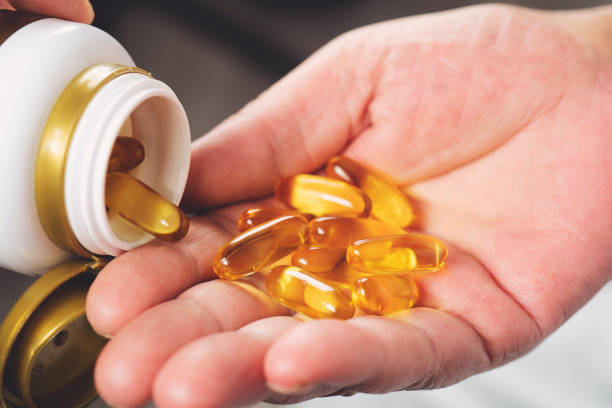
Cod liver oil 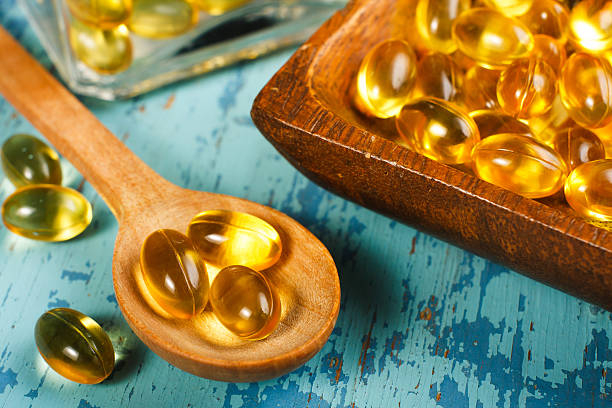
Cod liver oil -
Vitamin D is hard to come by in nature, especially if you're a vegetarian or don't eat seafood. Fortunately, certain dietary products that lack vitamin D naturally are fortified with the substance.
Cow's milk, the most common type of milk, is a natural source of calcium, phosphorus, and riboflavin, among other minerals. Cow's milk is fortified with vitamin D in several countries. It typically contains 115–130 IU per cup (237 ml), or 15–22% of the daily value. Because vitamin D is almost exclusively found in animal sources, vegetarians and vegans are more vulnerable to deficiency. As a result, plant-based milk replacements such as soy milk are frequently fortified with this nutrient as well as other vitamins and minerals found in cow's milk. One cup (237 ml) typically contains 107–117 IU of vitamin D or 13–15% of the DV.
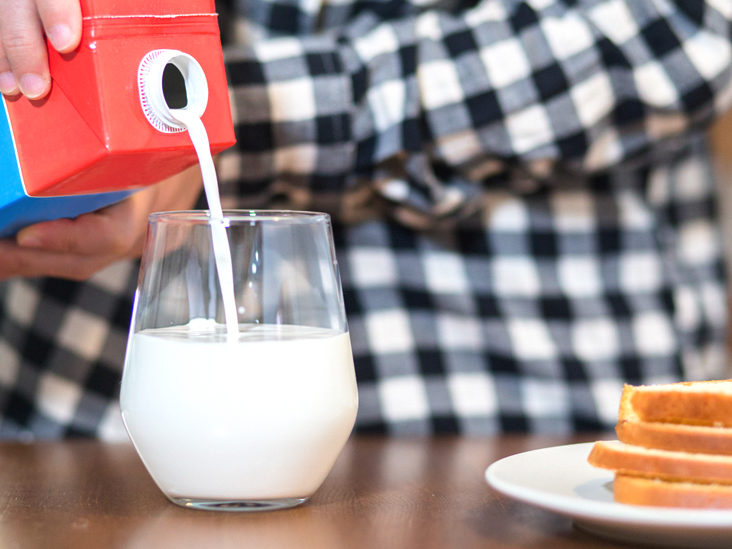
Fortified milk 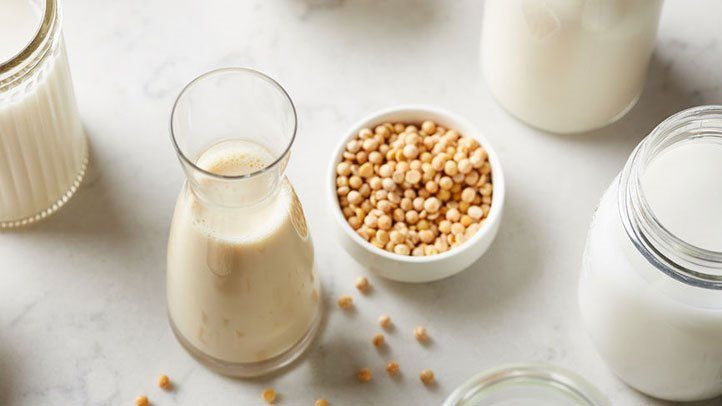
Fortified milk -
According to the medical website Everyday Health, canned tuna is one of the top dietary sources of vitamin D. Many people choose canned tuna because of its taste and convenience of storage. It is also frequently less expensive than buying fresh fish.
A 3.5-ounce (100-gram) portion of canned light tuna contains up to 268 IU of vitamin D, which is 34% of the daily value. It also contains a lot of niacin and vitamin K. Tuna also includes calcium, which is important for strong bones and muscular contractions, and magnesium, which is necessary for energy. Unfortunately, methylmercury, a toxin found in many species of fish, is present in canned tuna. It can create major health concerns if it builds up in your body. Some fish, on the other hand, are less dangerous than others. Light tuna, for example, is usually a better choice than white tuna, and it's safe to eat up to 6 ounces (170 grams) every week.
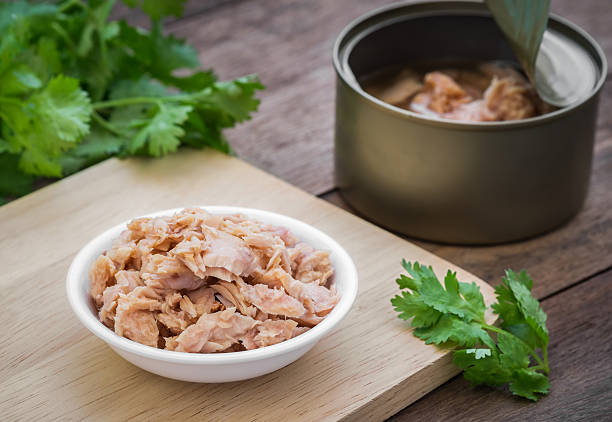
Canned tuna 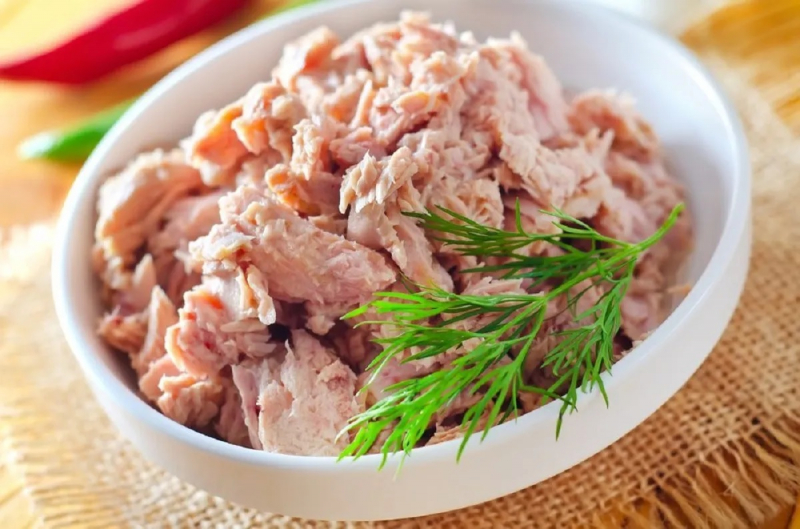
Canned tuna -
Those that do not eat seafood should be aware that it is not the only source of vitamin D. Whole eggs are another excellent source, as well as a nutrient-dense food.
While the white of an egg has the majority of the protein, the yolk contains the majority of the fat, vitamins, and minerals. One egg yolk contains 37 IU of vitamin D or 5% of the daily value. Sun exposure and the vitamin D content of chicken feed influence vitamin D levels in egg yolk. When given the same feed, pasture-raised chickens who are able to free outside in the sunshine produce eggs that are 3–4 times richer in protein. Furthermore, eggs from chickens given vitamin-D-enriched nutrition may contain as much as 6,000 IU of vitamin D per yolk. That's seven times the daily value. Choosing eggs from outside-raised chickens or those labeled as rich in vitamin D will help you reach your daily requirements.

Egg yolks 
Egg yolks -
Though vitamin D is commonly found in milk, yogurt, and fortified juices, cooked meat, depending on the kind, can actually provide more of this essential nutrient. Although not all cooked meat includes significant quantities of vitamin D, eating the varieties that do can help you obtain the vitamin D you need to be healthy.
The following vitamin D concentration in various raw beef slices was found in the national food composition databases of Denmark, France, Germany, Switzerland, Canada, and the United States: Beef: 0.0–9.0 g/kg, pork: 1.0–23.0 g/kg, lamb: 1.0–61.0 g/kg, veal: 0.0–50.0 g/kg, poultry: 0.0–14.0 g/kg, and different meat products: 0.0–23.0 g/kg. Red meat, offal, and liver can supply supplemental vitamin D to people whose diets allow it. One 25g steak, for example, has about 15 IU of vitamin D, but 100g of braised beef ribs have about 27 IU. However, too much red meat may cause havoc on the stomachs, so be careful not to eat too much of it. It is suggested that people consume no more than 70g of red meat per day and 1.5mg of the liver (and liver paté) per day.
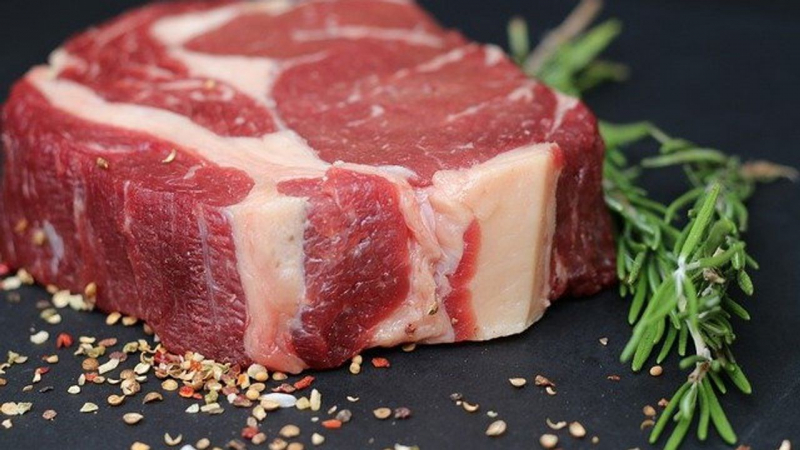
Red meat 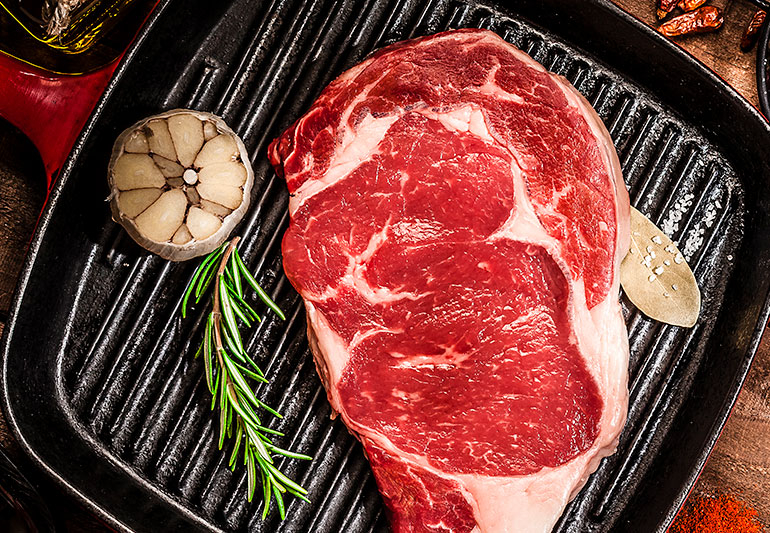
Red meat -
Mushrooms are the only good non-animal source of vitamin D, excluding fortified foods. When exposed to UV radiation, mushrooms, like humans, can produce this vitamin.
Mushrooms, on the other hand, create vitamin D2, whereas animals produce vitamin D3. Although vitamin D2 can assist enhance vitamin D levels in the blood, it is not as efficient as vitamin D3. Wild mushrooms, on the other hand, are high in vitamin D2. In fact, some varieties contain as much as 2,300 IU per 3.5-ounce (100-gram) serving, which is approximately three times the daily value. Commercially grown mushrooms, on the other hand, are frequently grown in the dark and contain very little D2. Certain brands, however, are treated with ultraviolet radiation (UV light). Per 3.5 ounces, these mushrooms can give 130–450 IU of vitamin D2 (100 grams).
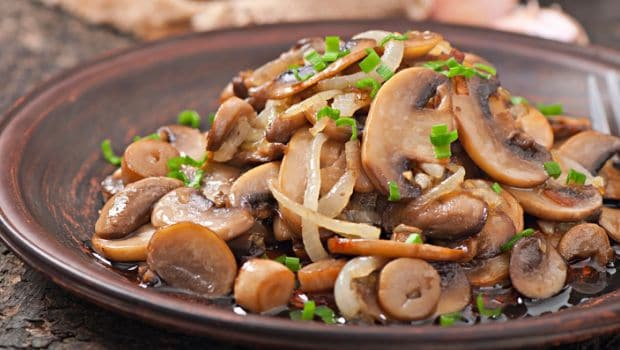
Mushrooms 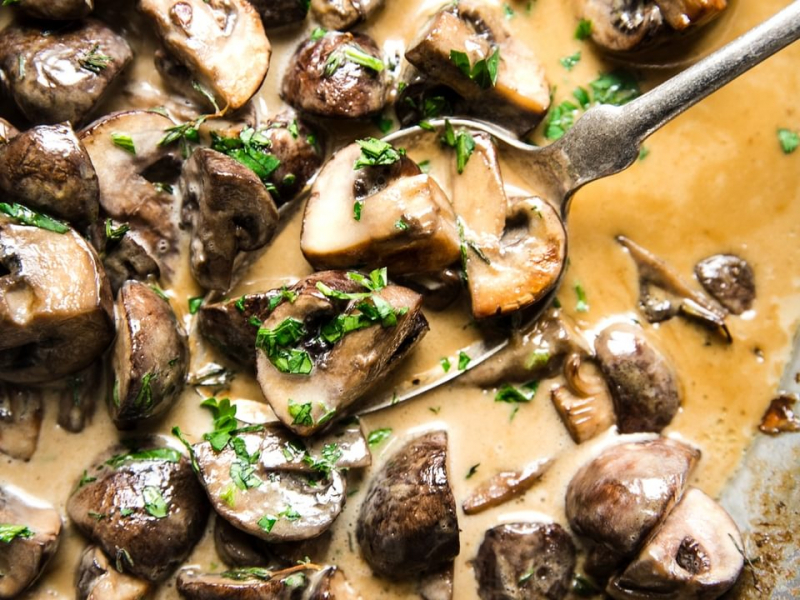
Mushrooms -
For vegetarians and vegans, cereal and oatmeal are two of the few high-vitamin D foods available. Cereal is a typical morning meal prepared from processed cereal grains, previously known as breakfast cereal. In Western nations, it is generally consumed as part of breakfast or as a snack food.
Vitamin D is also added to several bowls of cereal including quick oatmeal. These foods can offer 54–136 IU, or up to 17% of the DV, in half a cup (78 grams). Even while fortified cereals and oatmeal contain less vitamin D than many natural sources, they can still help you get enough. But make sure to check the nutritional value content of cereal and oatmeal as Vitamin D can vary from manufacturer to manufacturer.
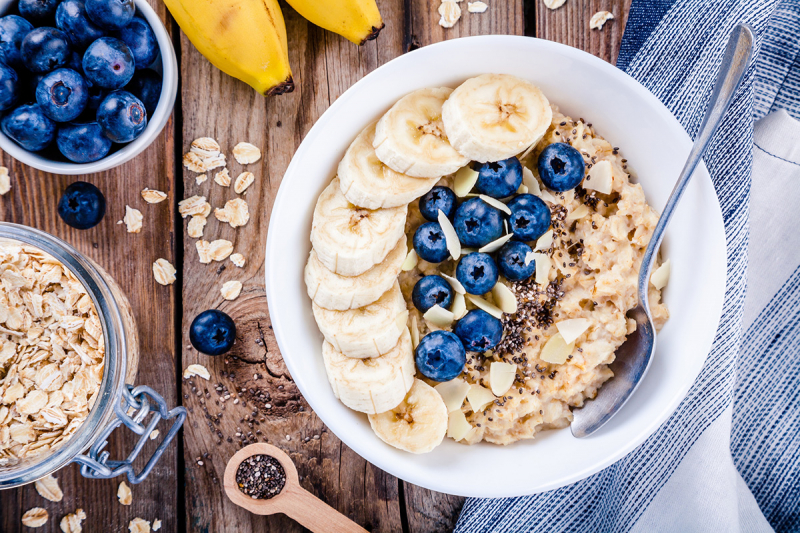
Cereal and oatmeal 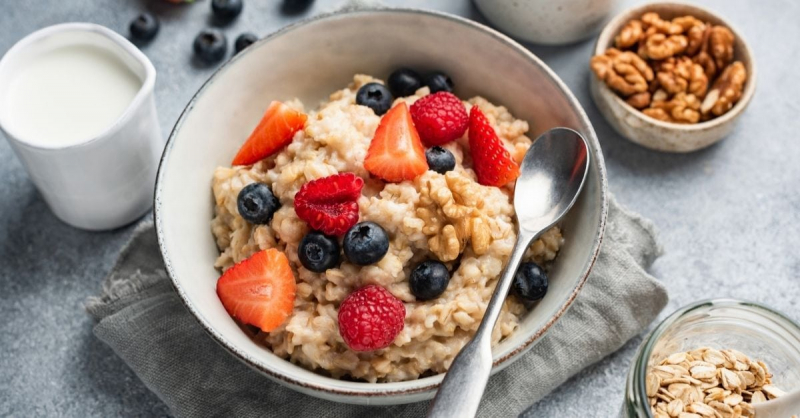
Cereal and oatmeal












